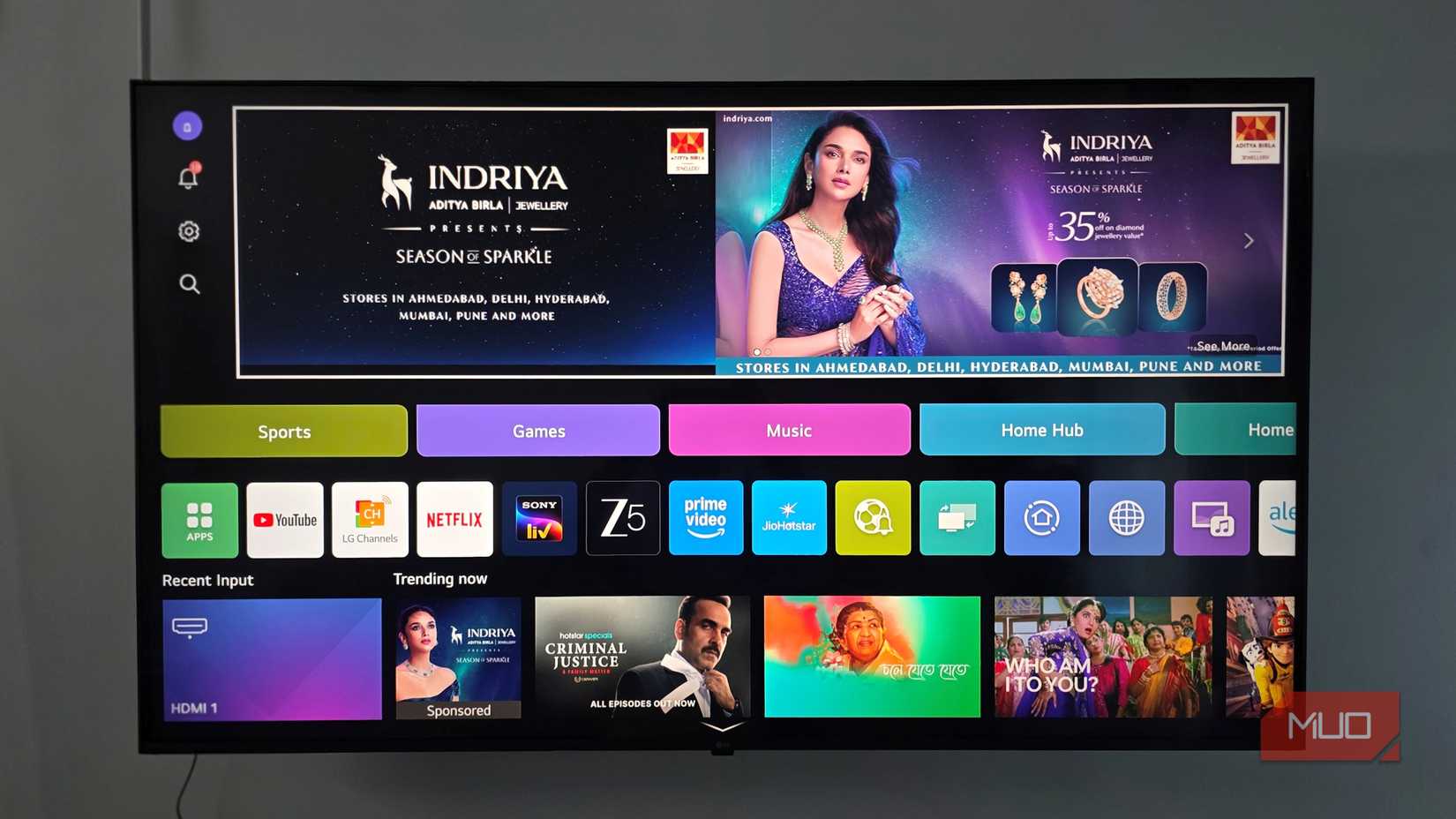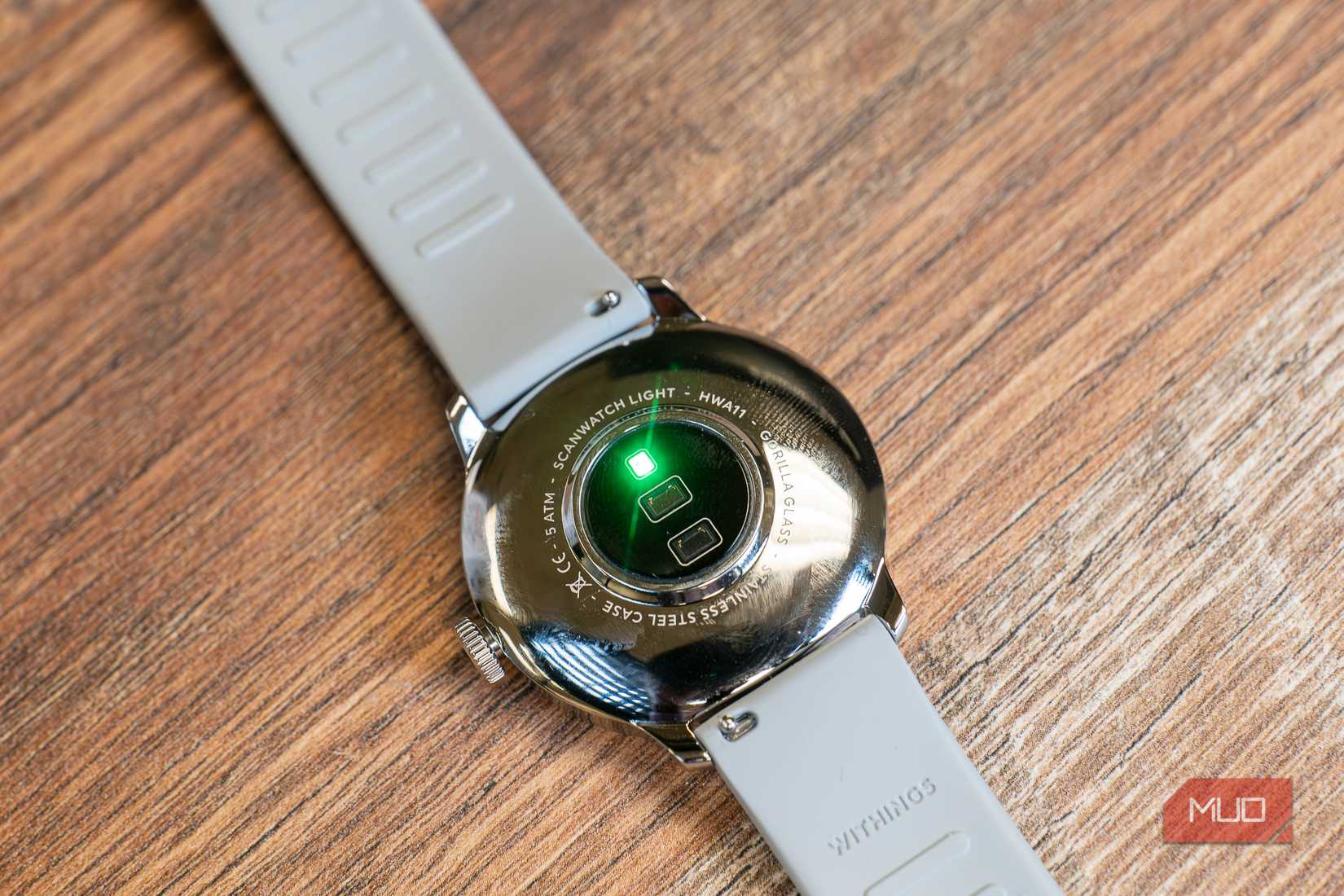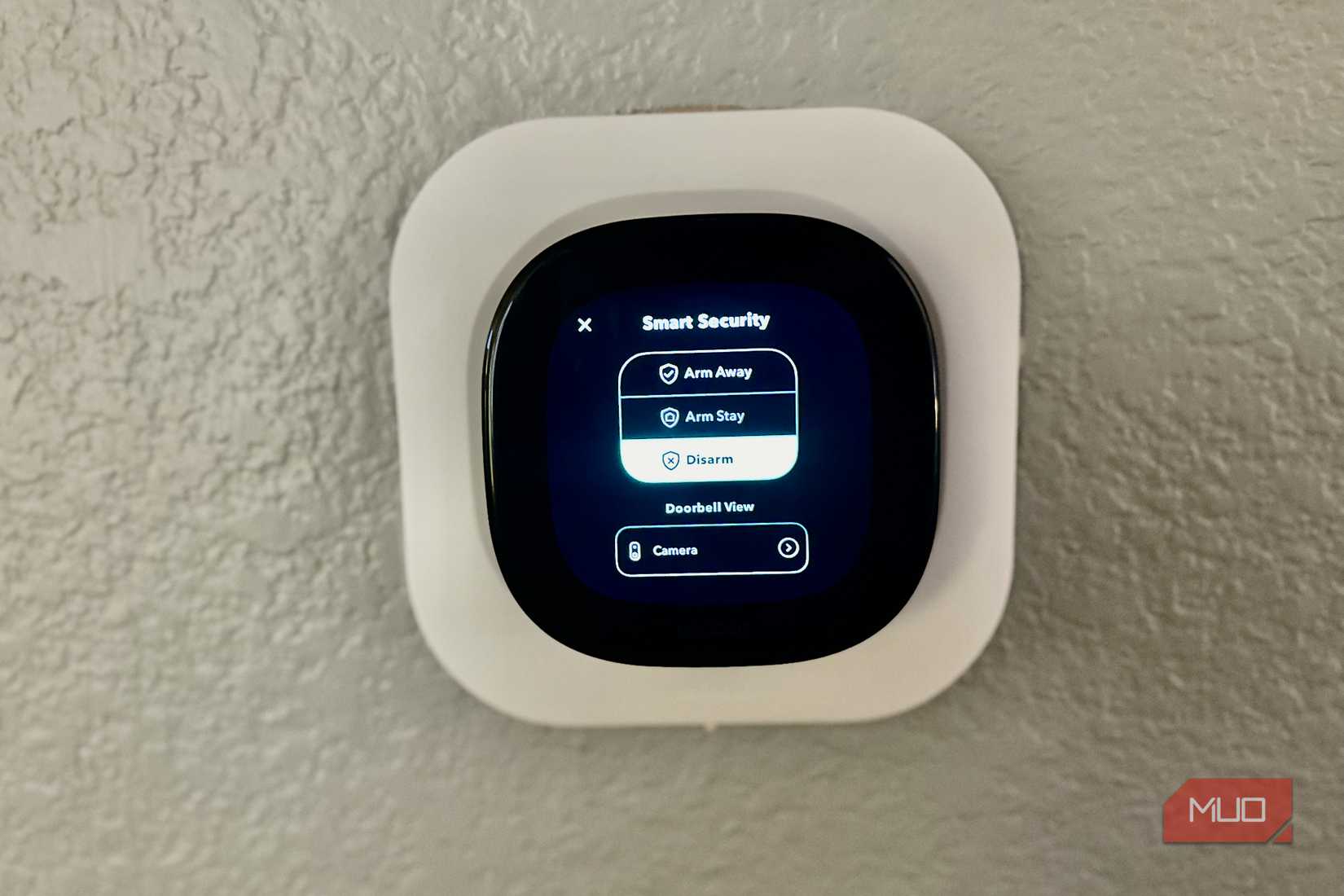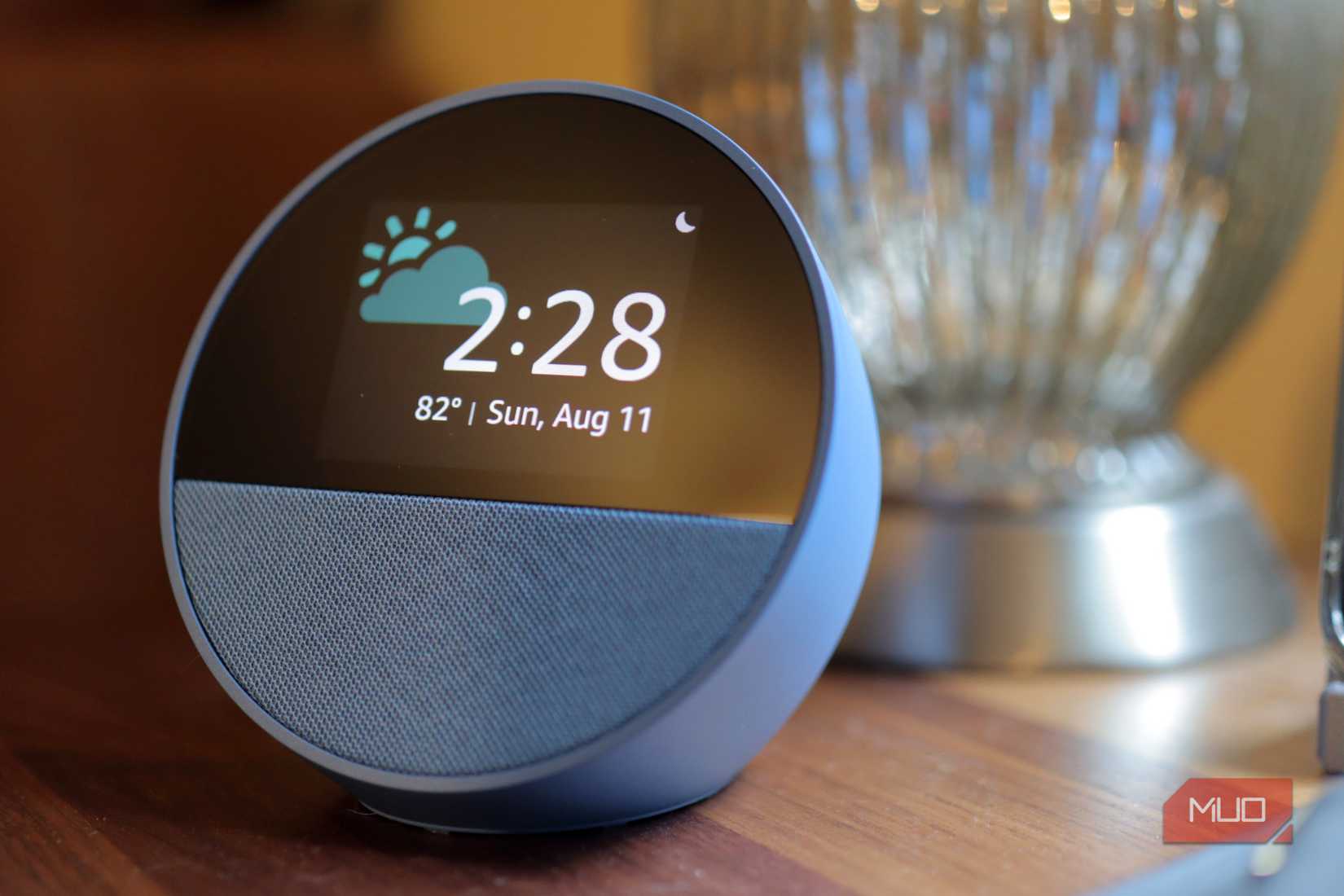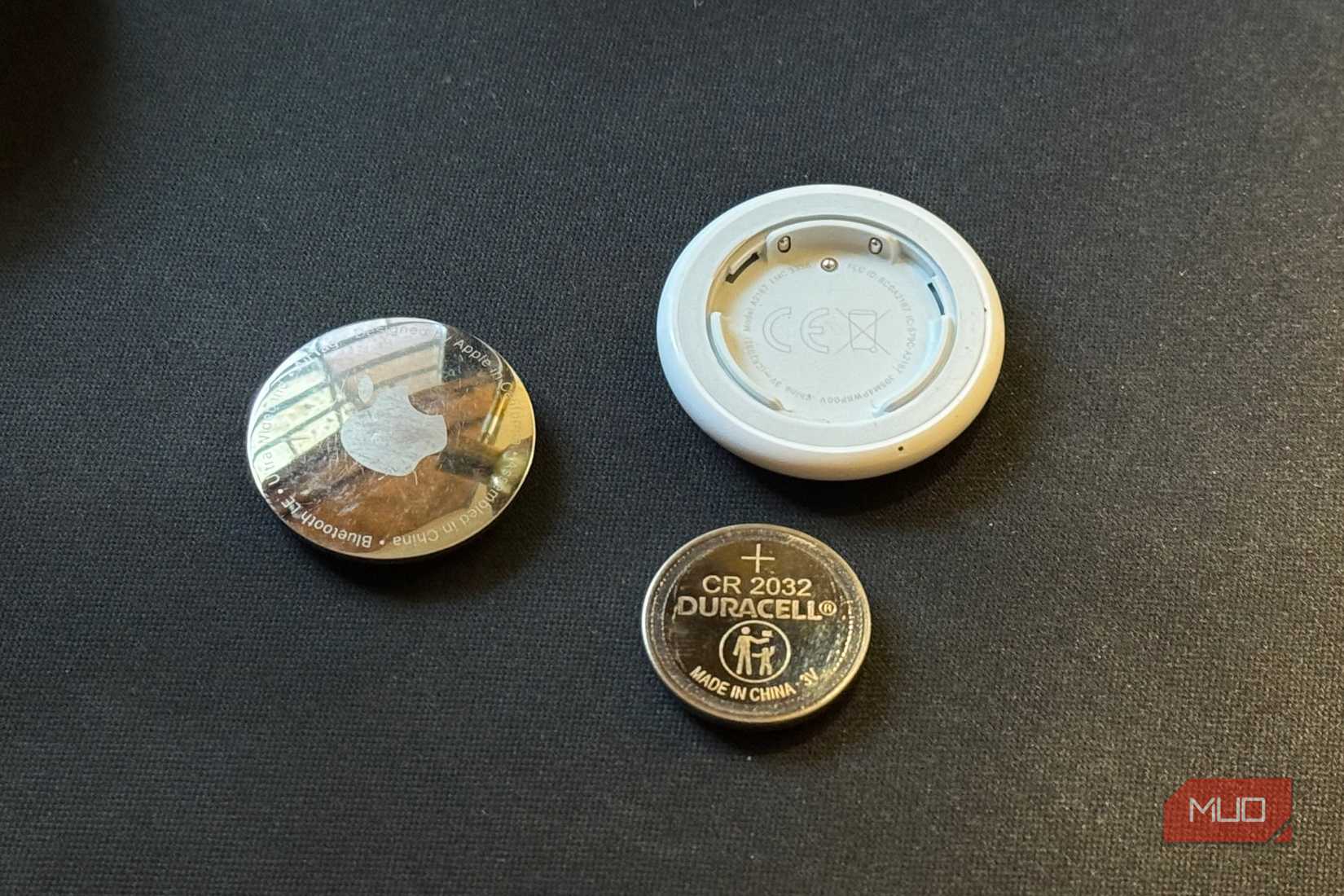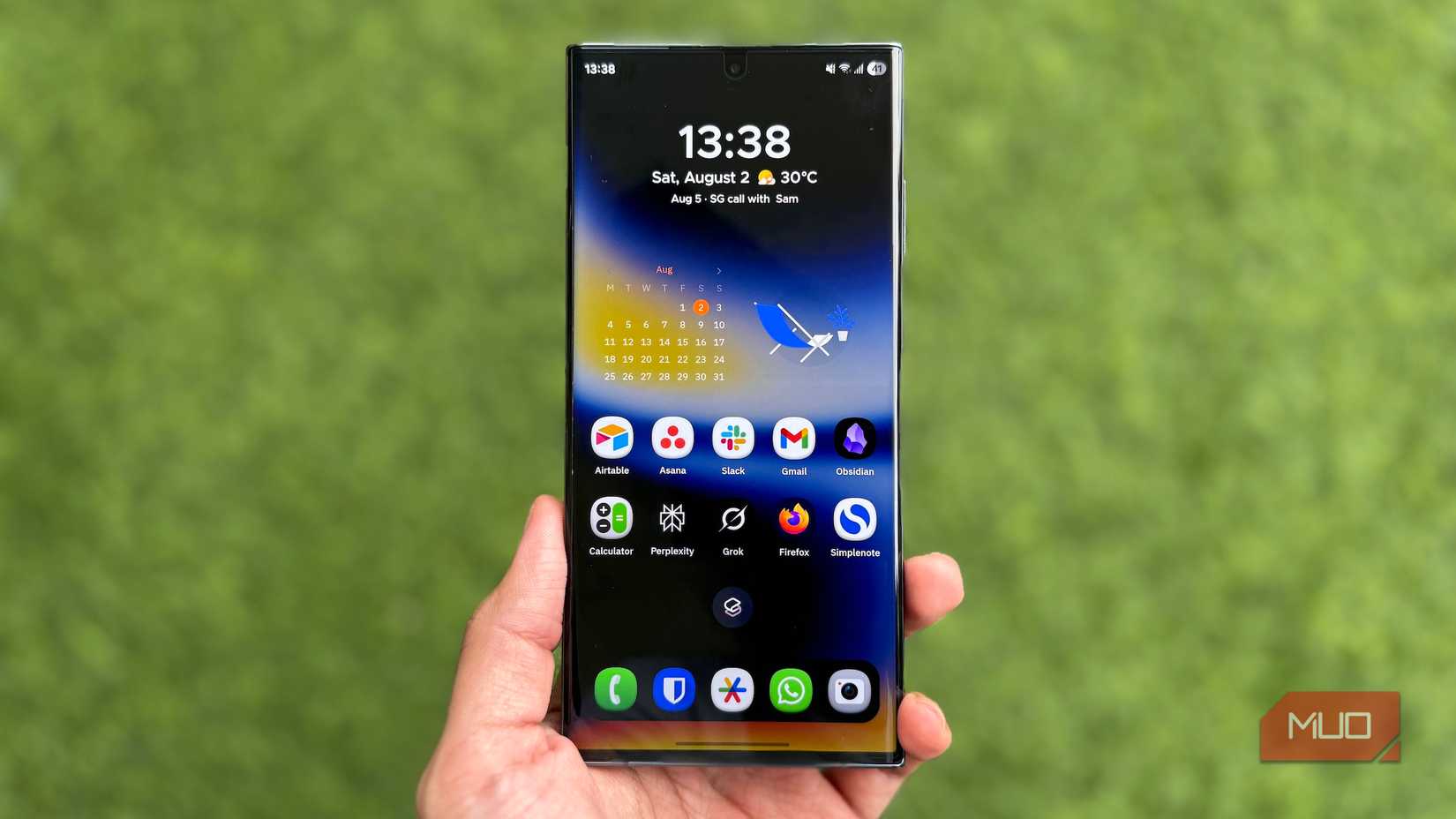Many of the devices we treat as harmless have a hidden side that most people never consider. Once you start pulling at that thread, it’s surprising how much they are quietly paying attention to us.
6
Smart TVs
Smart TVs have carved out a permanent spot in our living rooms. We stream on them, browse on them, and even manage other smart devices from the comfort of the couch. But tucked behind that glossy interface, many of these TVs quietly monitor every button press, search term, and viewing choice.
A big part of this comes down to a feature called Automatic Content Recognition (ACR). It doesn’t just track the shows you stream, but can identify what’s playing through an HDMI input, whether that’s a Blu-ray disc, a console, or even cable TV.
Companies like Samsung, LG, and Vizio scoop up this information, bundle it neatly, and sell it to advertisers. Vizio, in fact, was slapped with a $2.2 million fine back in 2017 for secretly gathering viewing data from millions of households without asking permission. And while the fine made headlines, the tracking didn’t really disappear. It just got buried in those long, dense privacy policies most of us skip through while setting up a new TV.
Another layer of unease opens up if you find that your smart TV has a built-in camera. You can prevent it from watching you by covering the lens, but even after you painstakingly change settings to make your smart TV more private, you can’t shake the feeling that the tracking hasn’t really gone away.
5
Fitness trackers and smartwatches
When wearable tech first appeared, the pitch was that they’d help us live healthier lives. And in a way, they do. These gadgets know when you wake up, when you fall asleep, how well you sleep, how often your heart skips a beat, and whether you’ve been lazy for three days in a row. They even know your location every time you go for a jog. However, all of that doesn’t just sit on your wrist; it gets sent to cloud servers run by companies that are more than happy to share or sell the data.
For example, in 2018, the fitness app Polar accidentally revealed sensitive details about soldiers, including their names and exact military base locations, just through their fitness data. That’s how precise and intrusive this tracking can be.
4
Smart home devices
Every smart gadget you add to your home creates another data point. Your thermostat knows when you’re home or away, your smart lights know when you go to bed, and your doorbell camera knows who comes to your house. Even your security camera, which is meant to keep you safe, can just as easily keep tabs on you. Hackers have slipped into those systems before, sometimes even speaking to children through hijacked baby monitors.
Again, all this information funnels straight into cloud servers where companies stitch together a round-the-clock portrait of your household. They can infer when you usually cook, what groceries you’re likely to buy, even how often you run the vacuum. It sounds absurd until you realize this is the level of granularity they’re after.
The hardest part is, once you’ve handed over that data, there’s no getting it back.
3
Devices with voice assistants
Scan through different forums, and you will see people talking about how Alexa recorded them snoring or Siri chiming in on their conversation out of the blue. It’s funny on the surface, but the reality isn’t so amusing. Voice assistants are always on standby, and their microphones are tuned to detect wake words like “OK Google” or “Hey Siri.” Supposedly, nothing is transmitted until you activate it. Supposedly.
However, in practice, “accidental activations” are real, sometimes capturing personal conversations by mistake. In a 2019 Time article, it was reported that Amazon employees listened to a portion of Alexa recordings to “improve service.” That means real people—absolute strangers—were listening in on private conversations, kids yelling, couples arguing, and everything in between.
Even when it works as advertised, it’s still creepy. Every command you give is stored, analyzed, and tied back to your profile. The more you use it, the more it learns about you, from your music preferences to your shopping habits and routines.
2
Bluetooth trackers
On the surface, Bluetooth trackers like Apple AirTags or Tile seem like lifesavers. You can use them in many ingenious ways, including finding your lost keys or luggage. But the story changes the moment these supposedly harmless gadgets are flipped on their heads.
Take AirTags, for instance. Stalkers have already weaponized them to track people without their knowledge. Apple had to scramble to add safety features after reports (like the ones Cosmopolitan highlighted) started piling up of women finding hidden AirTags tucked into purses, cars, or even coat pockets.
And even if no one’s slipping one into your bag, those trackers are still chatting away. Every little ping between your device and a nearby iPhone is quietly feeding Apple’s enormous location database. Well, even though the manufacturer claims it’s “anonymous” and “encrypted,” trusting a trillion-dollar tech empire not to squeeze profit out of a goldmine of location data requires a leap of faith not everyone’s willing to make.
1
Smartphone
If there’s a single gadget that takes the gold medal for spying, it’s your smartphone. It contains more information about you than your family, friends, and probably even you yourself.
Think about it: your phone knows everywhere you’ve been, thanks to GPS, Wi-Fi, and cell towers. It knows what you search, what you watch, who you talk to, and how often. Every app you install is another surveillance pipeline. Some apps track your location even when you’re not using them. Others scrape your contacts, your photos, your microphone, your accelerometer—yes, even how fast you’re walking.
And don’t think adjusting a few settings saves you. Phones are designed to track. The operating system, the carrier, the apps—they all want a slice of your life. That’s why I laugh when people say, “I’ve got nothing to hide.” Because, realistically, you couldn’t hide much even if you tried.
Yet, year after year, we queue up for the newest model, grinning as we carry around what is essentially a state-of-the-art tracking device—one we paid for ourselves.
The strangest part is how normal all of this feels now. It’s not that companies are twirling their mustaches in some dark room, plotting against us—it’s that we always click or tap “Agree.” Buried inside those endless terms of service, consent hides in paragraphs of legalese most of us either skim or skip entirely. We just want our gadgets to work, to stay updated, and to “improve.” So we shrug, stick with the defaults, and keep moving. The alternative, of course, is to walk away from these devices altogether. In the end, it’s really your call either way.
